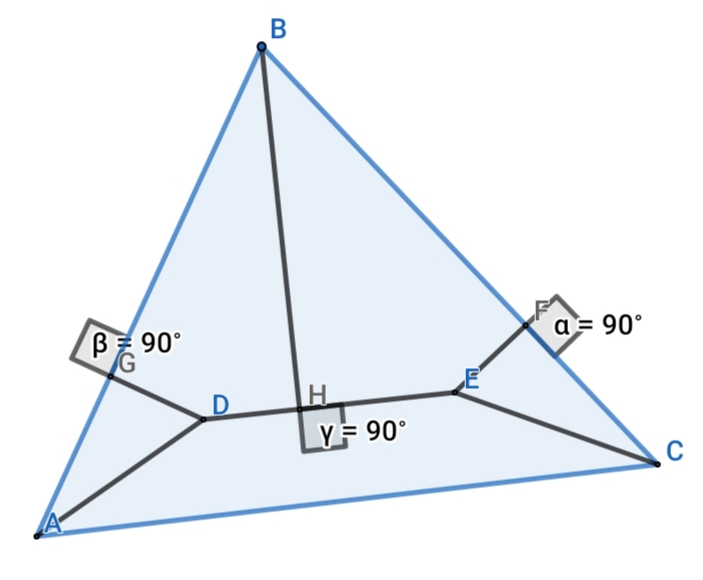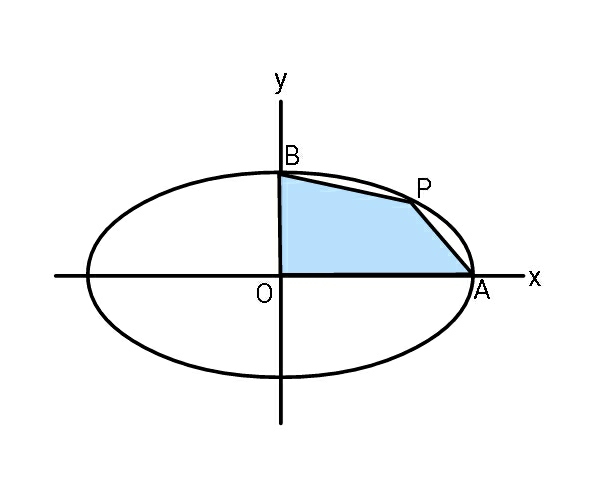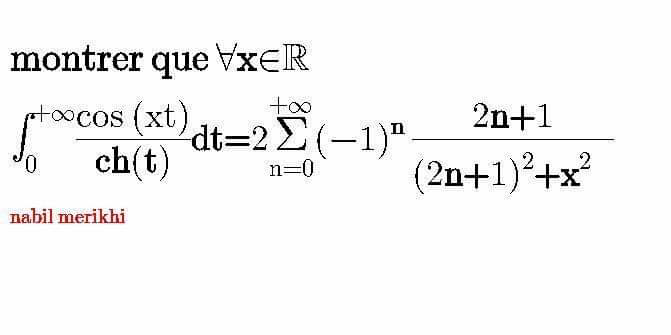
AllQuestion and Answers: Page 1512
Question Number 60620 Answers: 3 Comments: 0
Question Number 60623 Answers: 0 Comments: 0
Question Number 60621 Answers: 0 Comments: 5
Question Number 60631 Answers: 0 Comments: 0
Question Number 60611 Answers: 1 Comments: 0
Question Number 60597 Answers: 0 Comments: 3

Question Number 60588 Answers: 0 Comments: 1

Question Number 60587 Answers: 2 Comments: 1
Question Number 60586 Answers: 0 Comments: 1
Question Number 60577 Answers: 1 Comments: 1
Question Number 60576 Answers: 1 Comments: 4
Question Number 60545 Answers: 1 Comments: 0

Question Number 60536 Answers: 3 Comments: 0
Question Number 60534 Answers: 0 Comments: 1

Question Number 60533 Answers: 1 Comments: 2
Question Number 60527 Answers: 2 Comments: 1

Question Number 60514 Answers: 1 Comments: 5
Question Number 60510 Answers: 0 Comments: 3

Question Number 60508 Answers: 0 Comments: 0
Question Number 60506 Answers: 0 Comments: 1
Question Number 60504 Answers: 1 Comments: 2
Question Number 60503 Answers: 1 Comments: 0
Question Number 60502 Answers: 0 Comments: 2
Question Number 60501 Answers: 1 Comments: 1
Question Number 60500 Answers: 0 Comments: 2
Question Number 60499 Answers: 0 Comments: 2
Pg 1507 Pg 1508 Pg 1509 Pg 1510 Pg 1511 Pg 1512 Pg 1513 Pg 1514 Pg 1515 Pg 1516
